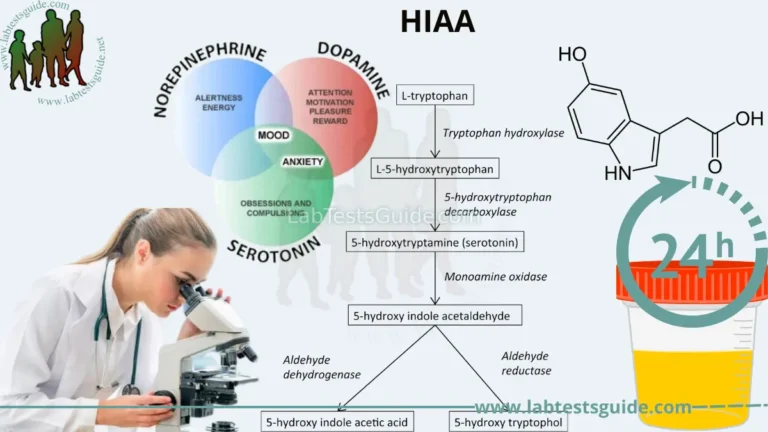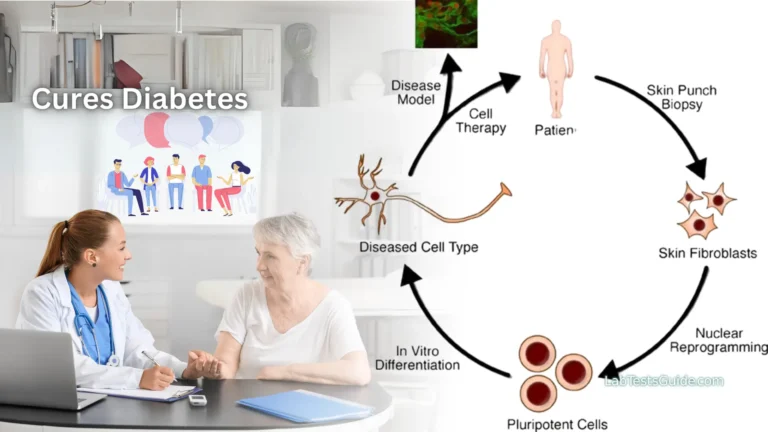Cancer screening is usually done at the same time. You may have a mammogram, Pap test, and skin exam. They are performed on different days by different health professionals with different rates. But a promising new test is capable of detecting 50 types of cancer with just one blood sample.

Cancer cells shed small pieces of DNA into the bloodstream, called circulating tumor DNA. Therefore, multiple cancer early detection tests (MCED), also called liquid biopsies, can detect these DNA fragments through a blood test. Your healthcare team may even know where the cancer started in your body based on test results. If the MCED test is positive, you may need additional tests to learn more about the cancer so it can be treated.
These new tests are interesting because they could detect cancers earlier, when they are easier to treat. Because most cancers are not screened regularly, many cancers are quite advanced when they are detected. In the early stages of cancer, you may not have any symptoms. Symptoms develop when the cancer has advanced and is difficult to treat.
MCED tests are not perfect and do not detect all types of cancer. The tests are not intended to replace currently recommended screening tests, such as mammograms and colonoscopies. The tests are still in the investigation phase. But they are also available in the clinic for limited purposes. They are not yet part of routine care.
Below you will find answers to some common questions about blood tests for cancer.
What is the Galleri blood test?:
The most widely used MCED test is called Galleri. The Food and Drug Administration (FDA) has not approved GALLERI or any other similar test. But the galleri test is used for limited purposes in the United States.
This test is available with a prescription. GRAIL, the company that makes Galleri, offers it on their website. To get tested, consumers must undergo a telehealth evaluation with a healthcare provider and pay $949.
Is the test valid?:
The galleri test is still being investigated. While this sounds promising and there is a lot of excitement in the medical community, we still don’t know how accurate it is. A large study is being carried out in the UK. Preliminary data found that the galleri detected more than 50 types of cancer, even in the early stages, with a false positive rate of less than 1 percent. A false positive is when the test is abnormal, but you may not have cancer.
The accuracy rate of the test is likely to vary for different types of cancer. This is the type of question we are trying to answer.

What cancers does it test for?
According to Galleri.com, the test can detect dozens of cancers, including:
- Adrenal Cortical Carcinoma
- Ampulla of Vater
- Anus
- Appendix, Carcinoma
- Bile Ducts, Distal
- Bile Ducts, Intrahepatic
- Bile Ducts, Perihilar
- Bladder, Urinary
- Bone
- Breast
- Cervix
- Colon and Rectum
- Esophagus and Esophagogastric Junction
- Gallbladder
- Gastrointestinal Stromal Tumor
- Gestational Trophoblastic Neoplasms
- Kidney
- Larynx
- Leukemia
- Liver
- Lung
- Lymphoma (Hodgkin and Non-Hodgkin)
- Melanoma of the Skin
- Merkel Cell Carcinoma
- Mesothelioma, Malignant Pleural
- Nasal Cavity and Paranasal Sinuses Nasopharynx
- Neuroendocrine Tumors of the Appendix
- Neuroendocrine Tumors of the Colon and Rectum
- Neuroendocrine Tumors of the Pancreas
- Oral Cavity
- Oropharynx (HPV-Mediated, p16+)
- Oropharynx (p16-) and Hypopharynx
- Ovary, Fallopian Tube and Primary Peritoneum
- Pancreas, exocrine
- Penis
- Plasma Cell Myeloma and Plasma Cell Disorders
- Prostate
- Small Intestine
- Soft Tissue Sarcoma of the Abdomen and Thoracic Visceral Organs
- Soft Tissue Sarcoma of the Head and Neck
- Soft Tissue Sarcoma of the Retroperitoneum
- Soft Tissue Sarcoma of the Trunk and Extremities
- Soft Tissue Sarcoma Unusual Histologies and Sites
- Stomach
- Testis
- Ureter, Renal Pelvis
- Uterus, Carcinoma and Carcinosarcoma
- Uterus, Sarcoma
- Vagina
- Vulva
A negative test result does not mean that you do not have cancer. The test cannot detect all types of cancer.
Are blood tests recommended for cancer?
The FDA has not yet approved GALLERI or any similar test. The American Cancer Society says more questions need to be answered before recommending tests.
Who should have the galleri blood test?
At this time, the Galleri test is only available with a prescription from a healthcare professional. It is for people over 50 who have an above-average risk of cancer. The test should only be performed under the direction of a healthcare professional who can interpret the results and determine the next steps to take if the test is positive.
Does insurance cover blood tests for cancer?
Because the test is not fully approved, most health insurance companies will not pay for it. The cost of the test is $949. As a patient, you may be responsible for the blood studies and imaging necessary to track results.
Can the Galleri blood test replace cancer screening?
It’s too early to say whether Gallari or similar tests can become standard in a primary care provider’s office or even replace other cancer screening tests. Experts also don’t know how often testing will be necessary.
Medical researchers and healthcare professionals continue to closely monitor the study results. Talk to your healthcare team about which cancer screening tests will be most helpful to you.
Possible References Used






